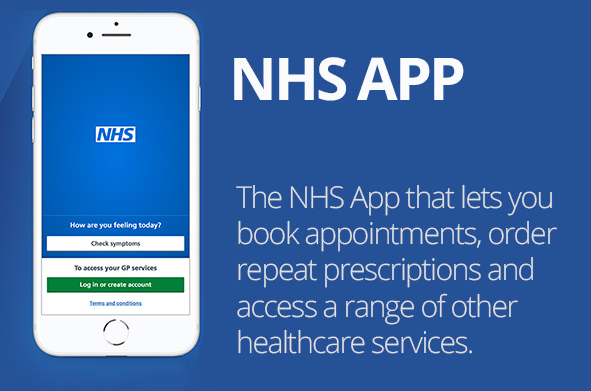Arranging Blood Tests and getting your results
Please note all blood tests are now by appointment only; please click on the links below to access the online booking systems
- Loughton Health Centre or call 0207 767 3303 select option 5 and then option 2 for blood test appointments
- Epping And Harlow or call 01279 827163 for blood test appointments
- Rectoty Lane Clinic is a walk in centre for blood tests and is open Tuesday, Wednesday and Friday 10:30 - 11.45, you will need to collect a form from reception
Results of Tests and Investigations
Please note:
- If there is a result that needs urgent action the doctor will call/text/write to you so please keep the contact details we hold for you up to date
- Test results can take up to 7 days to be sent to us so please do not call for them until at least 7 days have passed
- Some less routine tests can take longer than 7 days and the Doctor may advise you to wait longer before you contact us
- Results for tests requested by other hospitals/departments will be sent back to the requesting Doctor as they have the responsibility to interpret and act on the result so if you are waiting for a test arranged elsewhere please contact the Secretary for that department.
- Obtaining blood test and X-ray results does not require a doctor's appointment unless the doctor has recommended it.
Obtaining your result
- Your Results can be viewed on line if you have the appropriate access which can be arranged in the comfort of your own home through the NHS App. Please speak to reception if you have any queries.
- For your results mornings are generally when the phone lines are busiest so please call after 11.00am
Our reception staff are not qualified to comment on results and will only pass on the comment or instruction given by the clinician who reviewed the result. It is your responsibility to make any necessary follow-up appointment with the doctor.
Please note that we do have a strict policy regarding confidentiality and data protection. In this respect we will only give out results to the person they relate to unless that person has given prior written permission for their release or if they are not capable of understanding them.
Blood Tests
A blood test is when a sample of blood is taken for testing in a laboratory. Blood tests have a wide range of uses and are one of the most common types of medical test. For example, a blood test can be used to:
- assess your general state of health
- confirm the presence of a bacterial or viral infection
- see how well certain organs, such as the liver and kidneys, are functioning
A blood test usually involves the phlebotomist taking a blood sample from a blood vessel in your arm and the usual place for a sample is the inside of the elbow or wrist, where the veins are relatively close to the surface. Blood samples from children are most commonly taken from the back of the hand. The childs hand will be anaesthetised (numbed) with a special cream before the sample is taken.
You can find out more about blood tests, their purpose and the way they are performed on the NHS Choices website.
X-Rays
An X-ray is a widely used diagnostic test to examine the inside of the body. X-rays are a very effective way of detecting problems with bones, such as fractures. They can also often identify problems with soft tissue, such as pneumonia or breast cancer.
If you have an X-ray, you will be asked to lie on a table or stand against a surface so that the part of your body being X-rayed is between the X-ray tube and the photographic plate.
An X-ray is usually carried out by a radiographer, a healthcare professional who specialises in using imaging technology, such as X-rays and ultrasound scanners.
You can find out more about x-ray tests, how they are performed, their function and the risks by visiting the NHS Choices website.
MRI
Magnetic resonance imaging (MRI) is a type of scan that uses strong magnetic fields and radio waves to produce detailed images of the inside of the body.
An MRI scanner is a large tube that contains powerful magnets. You lie inside the tube during the scan.
For more information please see NHS Choices website
Page created: 12 January 2023

